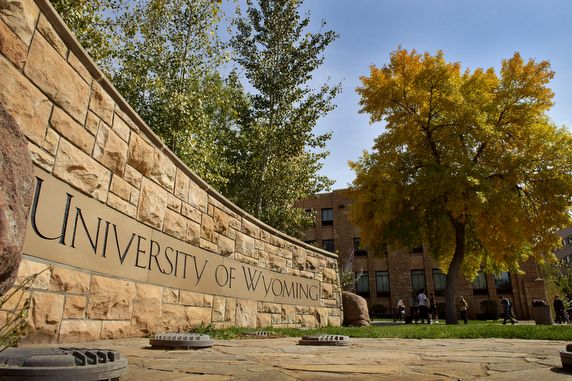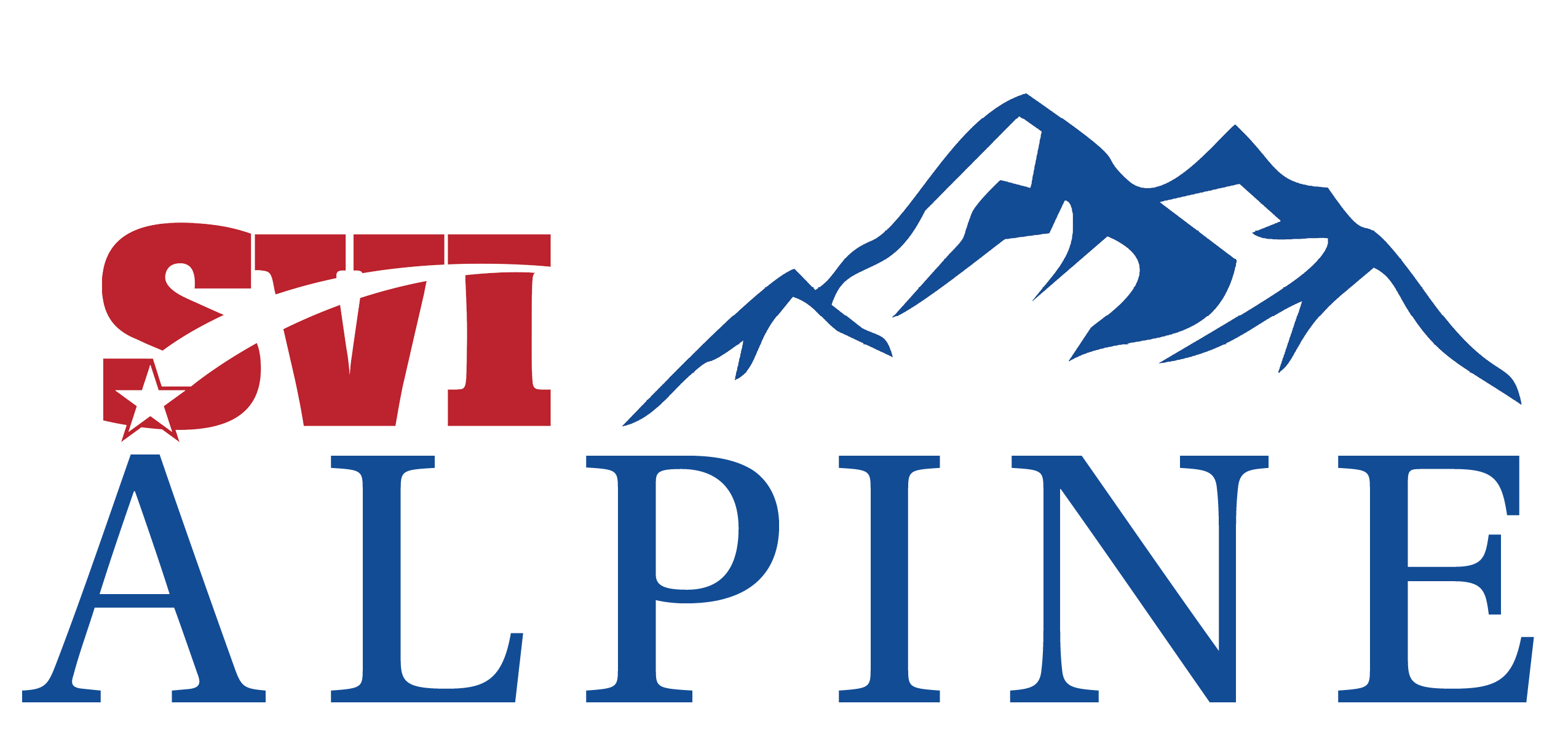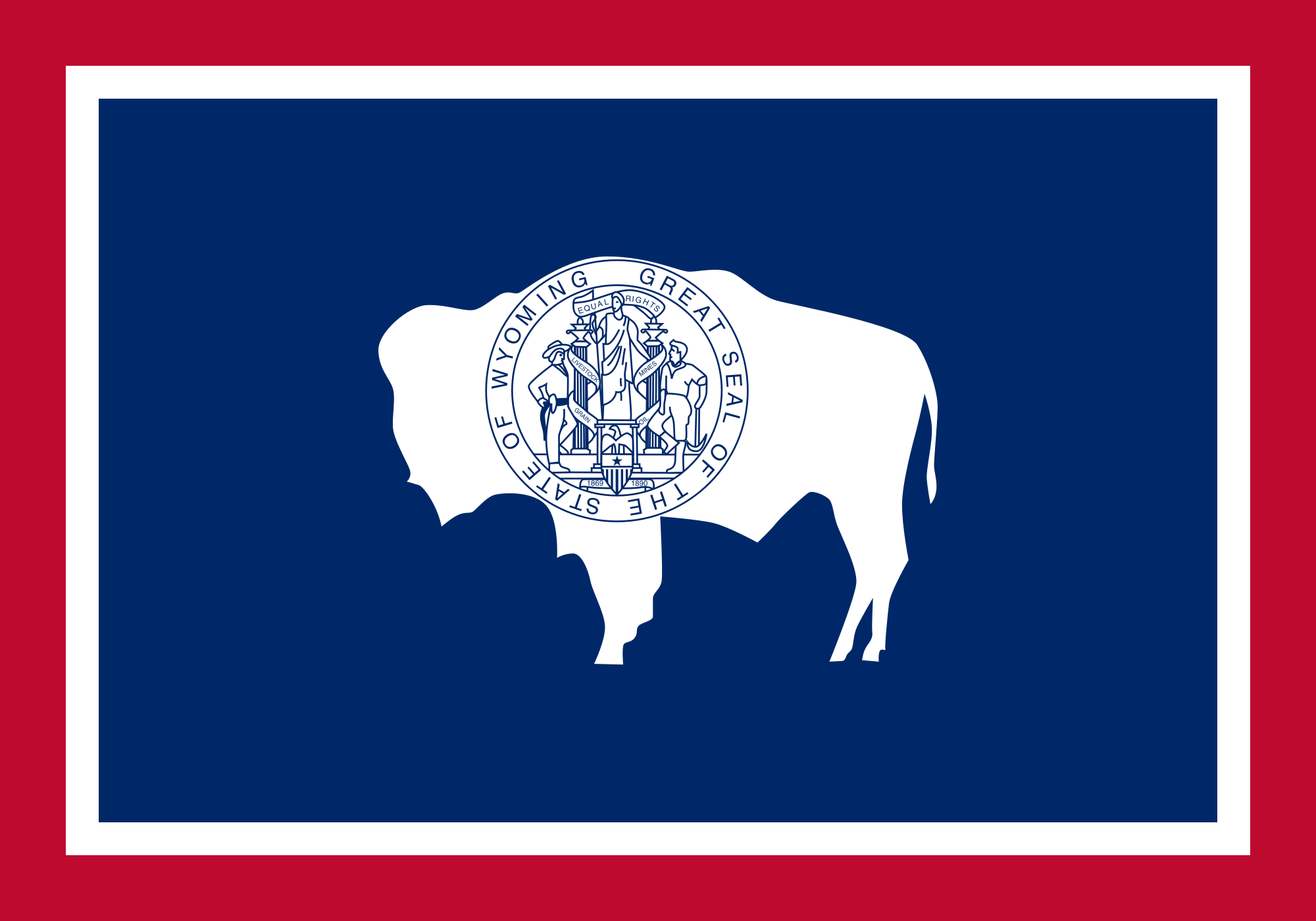Lawmakers look to increase award and flexibility of Wyoming’s Hathaway Scholarship
By Dahl Erickson
November 17, 2025

By Noah Zahn
Wyoming Tribune Eagle
Via- Wyoming News Exchange
CHEYENNE — During its final interim meeting Thursday, the Legislature’s Joint Education Committee advanced legislation to overhaul the state’s Hathaway Scholarship program, voting to increase award amounts and boost student flexibility, while rejecting a proposal to ease academic eligibility requirements.
The Hathaway Scholarship is a merit-and needs-based program for Wyoming high school graduates to attend college in state, created in honor of former Gov. Stanley Hathaway.
The committee considered five draft bills related to the scholarship, which is funded by a state endowment and currently available for use at the University of Wyoming and in-state public community colleges. UW students who drove over the hill from Laramie to Cheyenne Thursday offered comments on the bill drafts and what changes to the scholarship program would mean to them.
Hathaway award increases
The most significant action on scholarship funding came with a bill proposing to increase the award amount by approximately 59.5%.
The effort came after concerns that the scholarship’s value has been severely eroded by rising tuition costs over the past two decades. A Legislative Service Office memo submitted in August showed that the top-level Hathaway award, which once covered 91% of a UW student’s estimated tuition and fees in the 2006-07 school year, now covers only 41%.
UW students spoke strongly in favor of the increase, citing the financial strain they face even with the scholarship.
Dylan Fernholz- Hartman, Associated Students of UW director of external public affairs and advocacy, noted that the scholarship’s limited impact is leading many students to choose out-of-state colleges.
“In order to once again make the Hathaway Scholarship something that motivates high school students to pursue academic excellence and to incentivize those students to stay here in Wyoming, I believe a significant increase is necessary to the award amount at all levels,” he said.
However, concerns over the fiscal sustainability of the proposed increase dominated the discussion.
LSO staff explained that the historical average investment earnings, excluding realized capital gains, from the Hathaway endowment would realistically support only a 17% increase, not the 59.5% proposed.
If realized capital gains are accounted for, there could be a 28% to 45% increase out to 2030.
To be fiscally prudent, Sen. Charles Scott, R-Casper, moved to amend the increase from 59.5% down to 40%. Scott argued that a 40% increase would fall within the known historical yield and margin of the fund. The amendment passed.
The bill, 26LSO-0196, as amended, was then passed by the committee for sponsorship in the 2026 budget session on a 12-1 vote, with one lawmaker excused.
Flexibility for students
The committee also tackled a bill draft titled “Hathaway lump sum merit scholarship,” which seeks to provide students greater flexibility in using their awards.
The bill would eliminate the limitations of eight full-time semesters, continuous enrollment requirements and minimum credit hour requirements. The intent is to allow students to receive the total scholarship amount as a lump sum to cover tuition and fees in any semester they are enrolled.
Scott, who was initially prepared to oppose the bill due to fiscal uncertainty, conceded that the cost implications were likely small enough and agreed that flexibility was crucial for students managing things like internships or military service.
Sen. Chris Rothfuss, D-Laramie, supported the bill, noting that the current system “punishes” students who need to reduce their credit hours to work or address life issues. He explained that the initial motivation was to help students pursuing associates degrees or certifications use their funds optimally in two or four semesters, rather than forcing them to spread the money over eight.
But Rep. Daniel Singh, R-Cheyenne, expressed concern that students using the lump sum might bypass existing accountability measures, such as satisfactory academic progress requirements.
“By just cashing out, there is no accountability,” he said.
The lump sum bill, 26LSO0094, narrowly passed on a 7-6 vote, with one lawmaker again excused.
Eligibility expansion fails
Another measure proposed changing the eligibility requirements to allow students who meet the GPA requirements, the standardized testing minimums or the careers and technical aptitude test to be eligible for the scholarship. Currently, applicants must meet GPA requirements and testing requirements.
LSO staff presented an analysis showing that adopting the “or” standard would allow approximately 2,517 additional students to qualify for the high-tier Honors scholarship, one of four levels of the scholarship, potentially increasing expenditures by $9.5 million.
Students testified on the limitations of standardized testing.
Ava Taylor, a UW student originally from Cheyenne, shared that despite graduating with a 4.2 cumulative GPA and taking AP courses, she could not qualify for the highest level because of her ACT score, citing poorer performances due to test anxiety.
Saber Smith, an ASUW student senator, also supported valuing GPA over standardized tests, noting test anxiety and the fact that the UW is already test-optional for admissions.
“It can be incredibly dependent, and it can be incredibly different for everyone in every single test,” he said.
Opponents argued that the high cost without enough research made the move too risky.
Sen. Tom Kelly, R-Sheridan, said the change would increase pressure on teachers and noted that ACT scores are the most objective scoring mechanisms available to universities.
“(If teachers) start having pressures on them to award better grades because these families will get more money, we will inadvertently be increasing pressures on teachers and making life more anxious for them than it already is,” he said.
The bill was defeated on a 2-11 vote, with one excused.
Private school expansions
The committee also considered two bills designed to expand the Hathaway program beyond public institutions.
“Hathaway scholarships for career and technical institutions,” 26LSO-0246, proposed offering $1,000 scholarships, capped at 1,000 students annually, for education leading to industry-recognized credentials or associate degrees. The motivation was to validate career and technical education paths.
However, the bill faced opposition from several lawmakers, including Rothfuss and Rep. Martha Lawley, R-Worland, who argued the money and mission fit better within the existing but “underfunded” Wyoming Works scholarship, which supports skills courses at Wyoming community colleges. Constitutional concerns about using endowment funds for private entities were also raised.
“We should spend some time learning about ‘What are the deficiencies of Wyoming Works that we could be remedying, and how would we go about doing that, and what funds would be required?’ … If I were given a choice between this and Wyoming Works, I would unquestionably take Wyoming Works. It’s a better deal,” Rothfuss said.
The bill failed with six ayes, seven nos and one excused vote.
Finally, “Hathaway private post secondary institution scholarships,” 26LSO-0247, would provide $500-per-semester awards, capped at 200 students, for those attending state-accredited private degree-granting schools for not more than eight semesters. The maximum financial exposure to the Hathaway expenditure account for this specific, time-limited program was estimated to be $800,000 over the duration of the program.
The time is limited to students graduating between the school years 2025-26 and 2028-29 and who qualify for the Honors tier of the Hathaway scholarship.
It passed in a 7-6 vote, with one excused.
The Legislature’s budget session begins Feb. 9.

